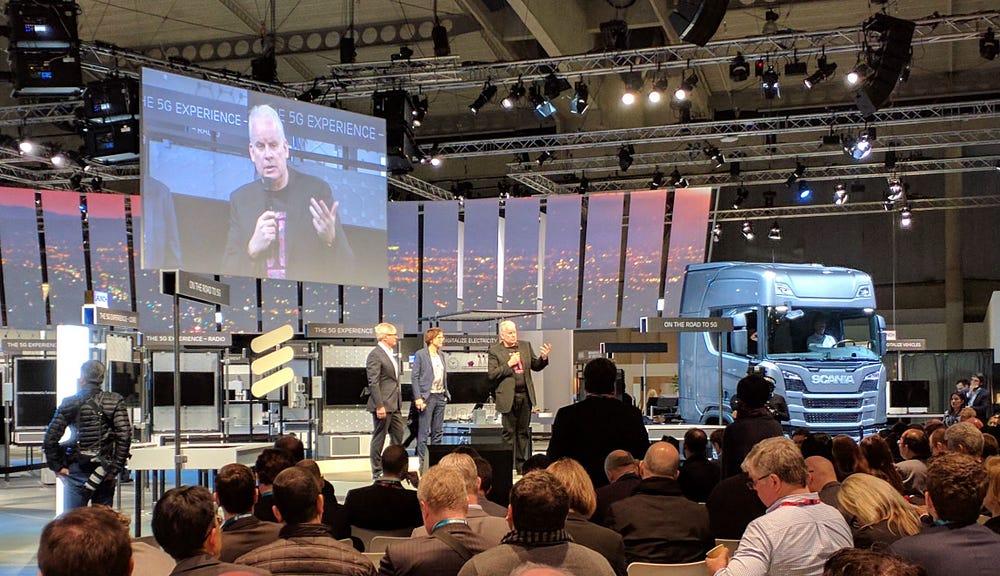This year’s Mobile World Congress is all about 5G and IoT, with some handset and wearable launches. Wireless carriers and infrastructure vendors are starting to launch Gigabit broadband pilots to bring 5G class connectivity to residential users.
Since 5G smartphones are not expected to be commercially available before 2019, fixed broadband is likely to be the first service rolled out, followed by vehicle communications, especially car-to-infrastructure (V2X), which is critical for the development of autonomous vehicles.

Many carriers argue that the cost of laying out fiber to small towns and remote areas is prohibitive, since they can’t recoup the investment from consumer subscriptions.
That’s why infrastructure companies and cellular carriers are starting wireless pilots, using a combination of 4.5G LTE-A and 5G mmWave, to deliver fixed broadband to residential customers in several countries.
FULL STORY: The Road to 5G Starts With Home Broadband

Maui's Vacation Rental Debate Turns Ugly
Verbal attacks, misinformation campaigns and fistfights plague a high-stakes debate to convert thousands of vacation rentals into long-term housing.

Planetizen Federal Action Tracker
A weekly monitor of how Trump’s orders and actions are impacting planners and planning in America.

In Urban Planning, AI Prompting Could be the New Design Thinking
Creativity has long been key to great urban design. What if we see AI as our new creative partner?

King County Supportive Housing Program Offers Hope for Unhoused Residents
The county is taking a ‘Housing First’ approach that prioritizes getting people into housing, then offering wraparound supportive services.

Researchers Use AI to Get Clearer Picture of US Housing
Analysts are using artificial intelligence to supercharge their research by allowing them to comb through data faster. Though these AI tools can be error prone, they save time and housing researchers are optimistic about the future.

Making Shared Micromobility More Inclusive
Cities and shared mobility system operators can do more to include people with disabilities in planning and operations, per a new report.
Urban Design for Planners 1: Software Tools
This six-course series explores essential urban design concepts using open source software and equips planners with the tools they need to participate fully in the urban design process.
Planning for Universal Design
Learn the tools for implementing Universal Design in planning regulations.
planning NEXT
Appalachian Highlands Housing Partners
Mpact (founded as Rail~Volution)
City of Camden Redevelopment Agency
City of Astoria
City of Portland
City of Laramie




























